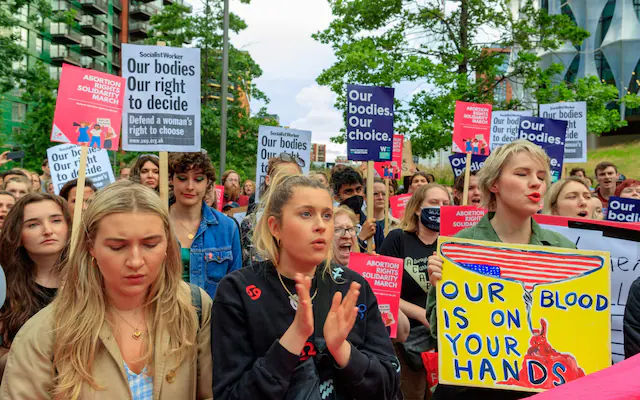UK lawmakers voted on Tuesday to end the prosecution of women in England and Wales for ending their own pregnancies, marking a major step toward reforming Britain’s 19th-century abortion laws.
Under current legislation, abortion is still technically a criminal offence under the 1861 Offences Against the Person Act, with women facing up to life in prison for terminating a pregnancy outside the conditions set by the 1967 Abortion Act. The law permits abortion up to 24 weeks with the approval of two doctors, and in limited cases beyond that threshold.
The issue has come under intense public scrutiny following a string of high-profile cases. In one, a woman was acquitted after trial; in another, a prison sentence was overturned on appeal. Campaigners say more than 100 women have been investigated in the past five years, including some who experienced miscarriages and stillbirths.
On Tuesday, MPs passed an amendment by Labour MP Tonia Antoniazzi by a 242-vote majority. The measure would prevent women from being criminally charged for ending their own pregnancies, although it does not alter the broader legal framework for abortion or affect prosecution of medical providers operating outside the law.
“Women are currently being arrested from hospital beds and taken to police cells,” Antoniazzi said. “My amendment would put a stop to this.”
The amendment is part of a wider crime and policing bill that must still pass further votes in Parliament and the House of Lords.
During the COVID-19 pandemic, the UK temporarily permitted women to take abortion pills at home up to 10 weeks into pregnancy. But cases like that of Nicola Packer — who was acquitted in May after taking abortion medication at around 26 weeks — have intensified debate around outdated and inconsistent enforcement.
Another woman, Carla Foster, was jailed in 2023 after taking abortion pills between 32 and 34 weeks of pregnancy. Her sentence was later suspended by the Court of Appeal.
Fifty organisations, including medical bodies, abortion providers, and women’s rights groups, backed the amendment. However, opposition remains: the Society for the Protection of Unborn Children labelled it “the greatest threat to unborn babies in decades.”
Antoniazzi emphasised that her amendment does not alter gestational limits or affect service provision. “This is about protecting women, not changing access rules,” she said, calling criminal prosecutions “a waste of time, money, and public trust.”
Prime Minister Keir Starmer voiced support for the change, stating on Tuesday that women deserve access to “safe and legal abortion.”
Northern Ireland decriminalised abortion in 2019, while Scotland is currently reviewing its own laws.


